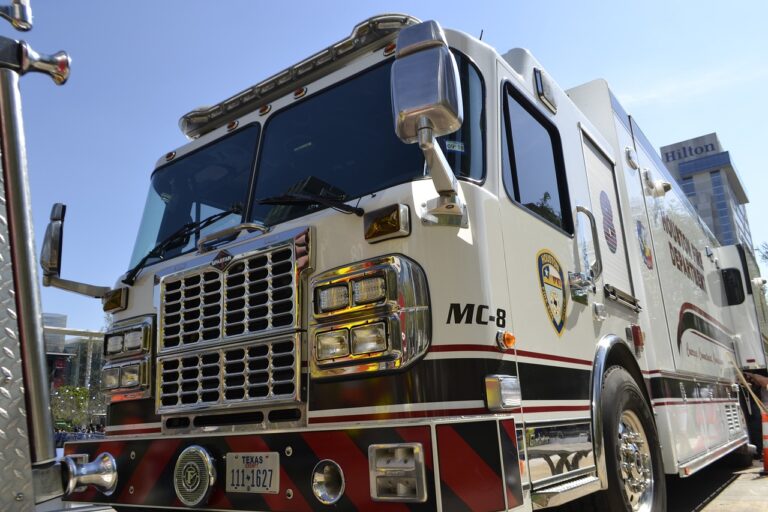Exploring the Benefits of Leasing for Small Businesses: Play 99 exch, Lotus bhai, Playexch
play 99 exch, lotus bhai, playexch: Small businesses often face challenges when it comes to acquiring the equipment and resources they need to operate efficiently. Whether it’s office furniture, technology, vehicles, or machinery, purchasing these items outright can be a significant financial burden. This is where leasing comes in as a viable alternative for small businesses looking to access the tools they need without breaking the bank.
Flexibility
Leasing offers small businesses the flexibility to upgrade their equipment as needed without the commitment of owning it outright. This allows businesses to stay current with technology trends and advancements without the hassle of trying to sell off outdated equipment. Leasing also provides the flexibility to scale up or down as business needs change, making it a more adaptable option for growing businesses.
Cash Flow Management
Leasing allows small businesses to conserve their cash flow for other essential expenses such as payroll, marketing, and inventory. By spreading out the cost of equipment over time, businesses can preserve their capital and avoid large upfront costs. This can be particularly beneficial for startups and businesses with limited resources, allowing them to invest in growth opportunities while still having access to the tools they need to operate.
Tax Benefits
Leasing equipment can offer tax advantages for small businesses. Lease payments are typically considered a tax-deductible operating expense, which can help reduce the overall tax burden for the business. Additionally, leased equipment is not considered a capital asset on the balance sheet, which can improve the business’s financial ratios and make it more attractive to investors.
Maintenance and Support
Many leasing agreements include maintenance and support services for the leased equipment, relieving the business of the responsibility of repairs and upkeep. This can save businesses time and money by ensuring that their equipment is consistently operational and in good working condition. Leasing can also provide access to professional support and expertise for troubleshooting and technical assistance.
Risk Management
Leasing can help small businesses mitigate risk by transferring the responsibility of equipment ownership to the leasing company. This can protect businesses from depreciation, obsolescence, and unexpected maintenance costs associated with owning equipment. Leasing can also provide businesses with access to the latest technology and equipment without the long-term commitment, allowing them to test new products and services before making a significant investment.
Improved Financial Planning
Leasing offers small businesses predictable monthly payments, making it easier to budget and plan for expenses. This can help businesses forecast their cash flow more accurately and avoid any surprises or fluctuations in expenses. Leasing can also provide businesses with access to high-quality equipment that may have been otherwise unaffordable, enabling them to compete more effectively in their industry.
In conclusion, leasing can offer small businesses a range of benefits, including flexibility, cash flow management, tax advantages, maintenance and support, risk management, and improved financial planning. By choosing to lease equipment instead of purchasing it outright, small businesses can access the tools they need to operate efficiently while conserving their capital and resources for other essential expenses.
FAQs
1. Can I buy the equipment at the end of the lease term?
Some leasing agreements allow businesses to purchase the equipment at the end of the lease term for a predetermined price. However, this option may vary depending on the terms of the lease agreement.
2. What happens if the equipment breaks down during the lease term?
Many leasing agreements include maintenance and support services for the leased equipment, ensuring that any repairs or maintenance issues are addressed promptly. Businesses should review the terms of their lease agreement to understand their rights and responsibilities in the event of equipment failure.
3. Are lease payments tax-deductible?
Lease payments are typically considered a tax-deductible operating expense for businesses, providing potential tax advantages and reducing the overall tax burden. However, businesses should consult with a tax professional to understand the specific tax implications of leasing for their individual circumstances.







